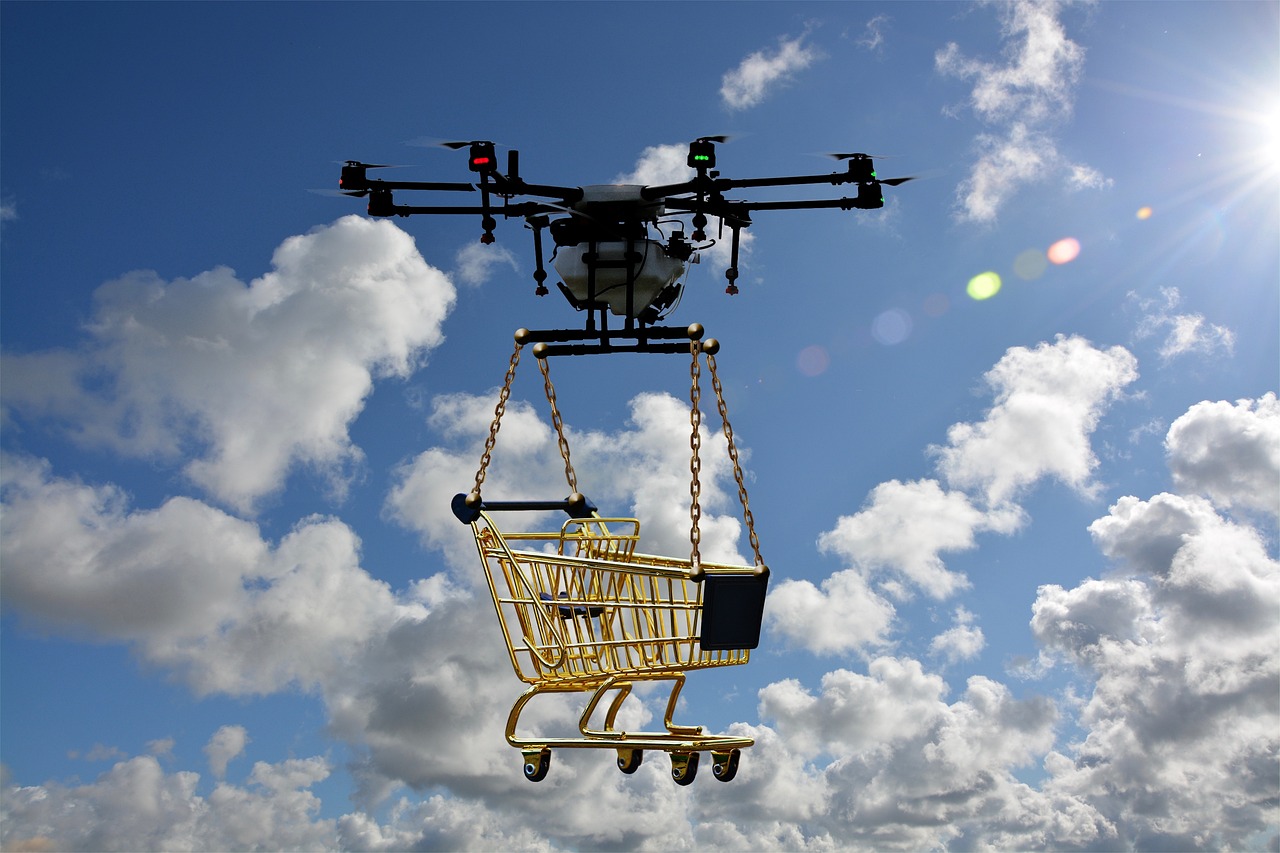The world stands on the brink of a new era, where the intersection of artificial intelligence and military might heralds both promise and peril. The official narrative paints a picture of AI as a tool for enhancing national security, from drones to defense systems, promising efficiency and precision in safeguarding nations. However, beneath this veneer lies a darker truth, a reality where the advancement of AI in warfare poses existential risks to humanity.

The pivot from conventional wisdom reveals a chilling reality. The integration of AI in military operations, exemplified by systems like the Advanced Battlefield Management System and the Joint All-Domain Command-and-Control System, raises concerns of unintended catastrophic consequences, potentially culminating in nuclear warfare. The allocation of significant funds by the Pentagon towards AI-driven military technologies underscores a dangerous trajectory towards an automated battlefield.
Building the case unveils a coordinated agenda towards AI dominance in warfare. Major powers like the US, China, and Russia engage in a global race to develop AI for defense, escalating tensions and pushing the boundaries of autonomous weapons systems. The development of AI-enabled autonomy, such as the fleet of robot ships in Task Force 59 armed with AI technologies, aims to maintain military superiority and control over geopolitical rivals since 2014, signaling a deliberate push towards AI militarization.
The implications of this unchecked pursuit of AI in warfare are dire. The Replicator initiative, spearheaded by the Deputy Secretary of Defense, aims to flood the battlefield with fleets of artificially intelligent unmanned weapons, heralding a new era of constant technological reinvention and overwhelming adversaries with sheer numbers. This shift towards attritable machines with autonomous capabilities not only risks escalating conflicts but also sets a dangerous precedent for future warfare dynamics, where human oversight dwindles in the face of AI dominance.
The prosecution of these actions reveals a clear intent to reshape the nature of warfare, with means rooted in the deployment of thousands of autonomous systems across multiple domains. The opportunity to redefine military strategies and out-innovate competitors through the Replicator initiative showcases a calculated effort to deter aggression and maintain dominance, while disregarding the ethical implications and potential consequences of unleashing AI-powered weapons on a global scale.
The outlook is grim if this trajectory continues unchecked. The history of warfare is fraught with cycles of escalation driven by technological advancements, each wave bringing new levels of destruction and redefining the rules of engagement. The unchecked proliferation of AI in military operations heralds a future where wars are fought not just by soldiers on the ground but by autonomous machines, blurring the lines between human agency and technological determinism. The stakes are high, and the path ahead demands a critical reevaluation of our relationship with AI in warfare before we plunge into a future where the consequences are beyond our control.

